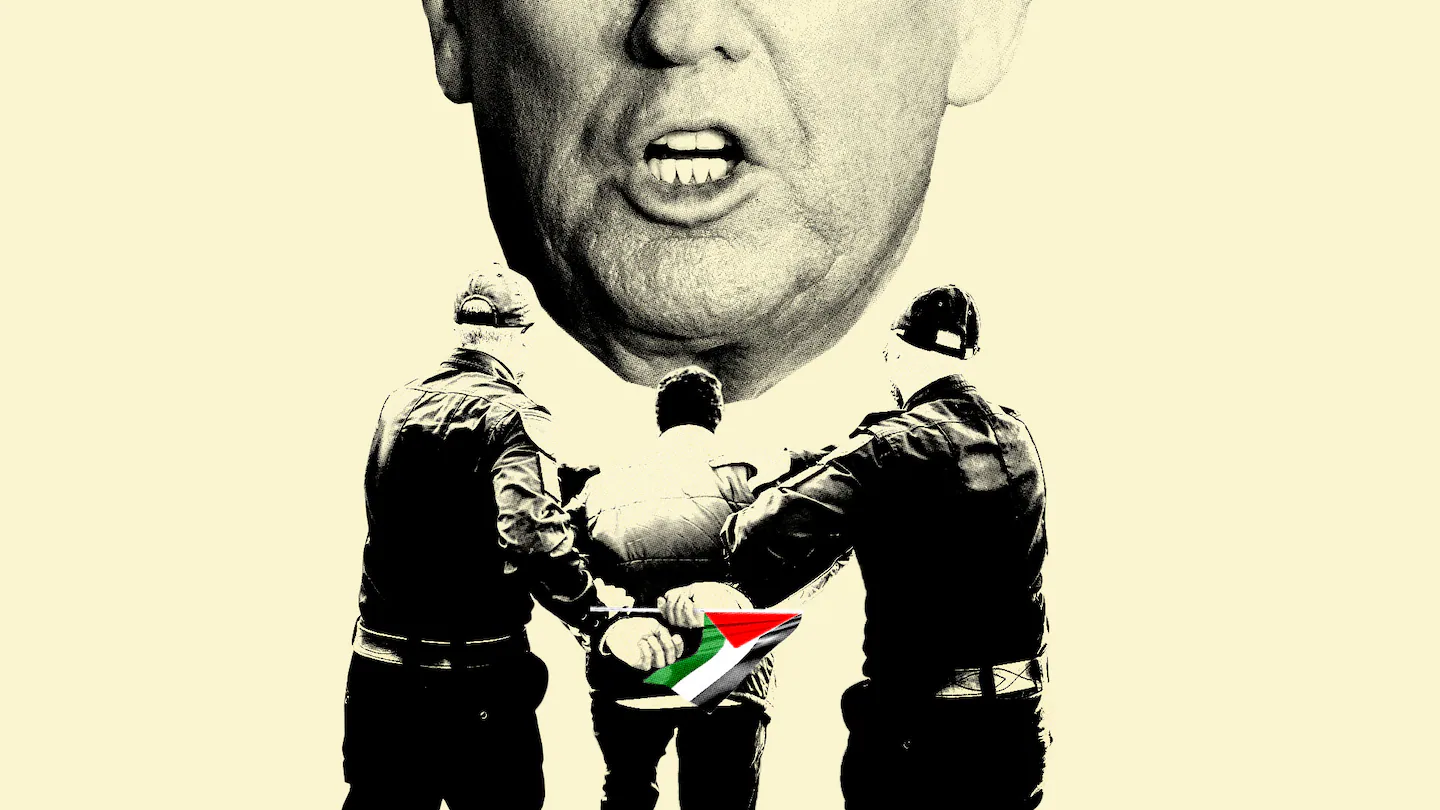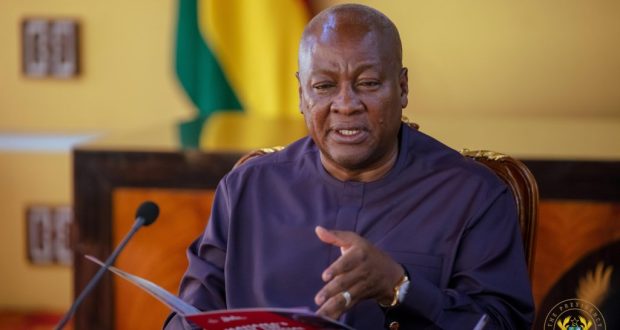
Mary Ziegler, a contributing writer to Globe Ideas, is a professor of law at the University of California, Davis, and the author of Personhood: The New Civil War Over Reproduction.
This week, the Trump administration announced that it was bringing charges against six people and two advocacy groups who demonstrated outside a New Jersey synagogue in 2024 to protest the war in Gaza. What is most striking about the government’s move is that it invoked a federal law traditionally used to shield abortion clinics from violent protest to go after the pro-Palestinian protesters.
An Orthodox synagogue in West Orange held a real estate fair on its grounds in November 2024 where properties in Israel and the West Bank were expected to be for sale. Pro-Palestinian protesters affiliated with the group American Muslims for Palestine-New Jersey showed up to protest. Things spiraled out of control. Masked pro-Palestinian protesters clashed with pro-Israel counterprotesters. New Jersey authorities are currently pursuing assault charges against several pro-Israel protesters, while the Department of Justice argues that pro-Palestinian protesters started the violence.
The facts of the case may be disputed, but one thing is clear: The Trump administration sees the law it is invoking, the Freedom of Access to Clinic Entrances Act, as one more way to chill speech and claw back power from state and local law enforcement. The Trump administration has already targeted people engaging in pro-Palestinian speech using a 1952 law permitting the secretary of state to make noncitizens deportable for foreign policy reasons. Now the FACE Act is another tool that allows the administration to pursue its own priorities and override the decisions of state prosecutors.
Advertisement
The FACE Act was passed in 1994 largely to protect Americans who sought abortions at reproductive health clinics. The FACE Act received bipartisan support, partly because of a series of violent attacks on abortion clinics in the 1980s and 1990s, including the murder of providers and clinic staff. In the lead-up to the passage of the law, blockades at abortion clinics attracted thousands of protesters willing to risk arrest, knowing that state penalties for offenses like vandalism or trespassing tended to amount to a slap on the wrist. Many of these protesters were peaceful, but the FACE Act was careful to distinguish political speech about religion or abortion from actual violence, threats of violence, and physical obstruction. Those convicted of both first-time and repeat violations of the FACE Act received more serious punishments, including large fines and prison time.
Advertisement
But the FACE Act was never just about protecting abortion clinics. The law also lays out protections for those entering places of worship, though it has never been used in such a way until now. The law is meant to ensure that Americans across the ideological spectrum can make decisions about their faith or health without the fear of violence.
For years, the FACE Act was underenforced, but recently, the Trump administration seems to have launched a new era for the law. Abortion opponents had long condemned it, and Republican lawmakers have campaigned for its repeal, arguing that Democrats used it to persecute peaceful pro-life protesters. In fact, Trump pardoned several antiabortion protesters charged with FACE Act violations shortly after he retook office in January. Then the administration announced that it wouldn’t be enforcing the FACE Act against any antiabortion protesters except in extraordinary circumstances. In contrast, Trump has used the FACE Act to go after pro-Palestinian demonstrators.
Advertisement
The most charitable view of Trump’s revival of the FACE Act is that places of religious worship are certainly subject to acts of violence. There have been horrific attacks on a Catholic church in Minnesota and a Mormon church in Michigan just in the past several months. But the president maintains that Democrats alone are responsible for the escalating violence and that they have targeted a largely conservative Christian group of victims. Violence against conservatives has been all too real — the recent assassination of Charlie Kirk being a prominent example. People should feel safe attending political debates on our nation’s campuses or going to their places of worship. But political violence has affected Americans across the ideological spectrum. This year alone, Minnesota state lawmaker Melissa Hortman and her husband, Mark, were assassinated in their home, and Josh Shapiro was forced to evacuate his family from the Pennsylvania governor’s mansion following an arson attack.
Protection from violence isn’t a partisan issue. Neither is the freedom to safely enter a clinic or place of worship. But the administration’s use of the FACE Act suggests that only some Americans deserve protection. That kind of policy is likely to only drive Americans further apart.
Advertisement



